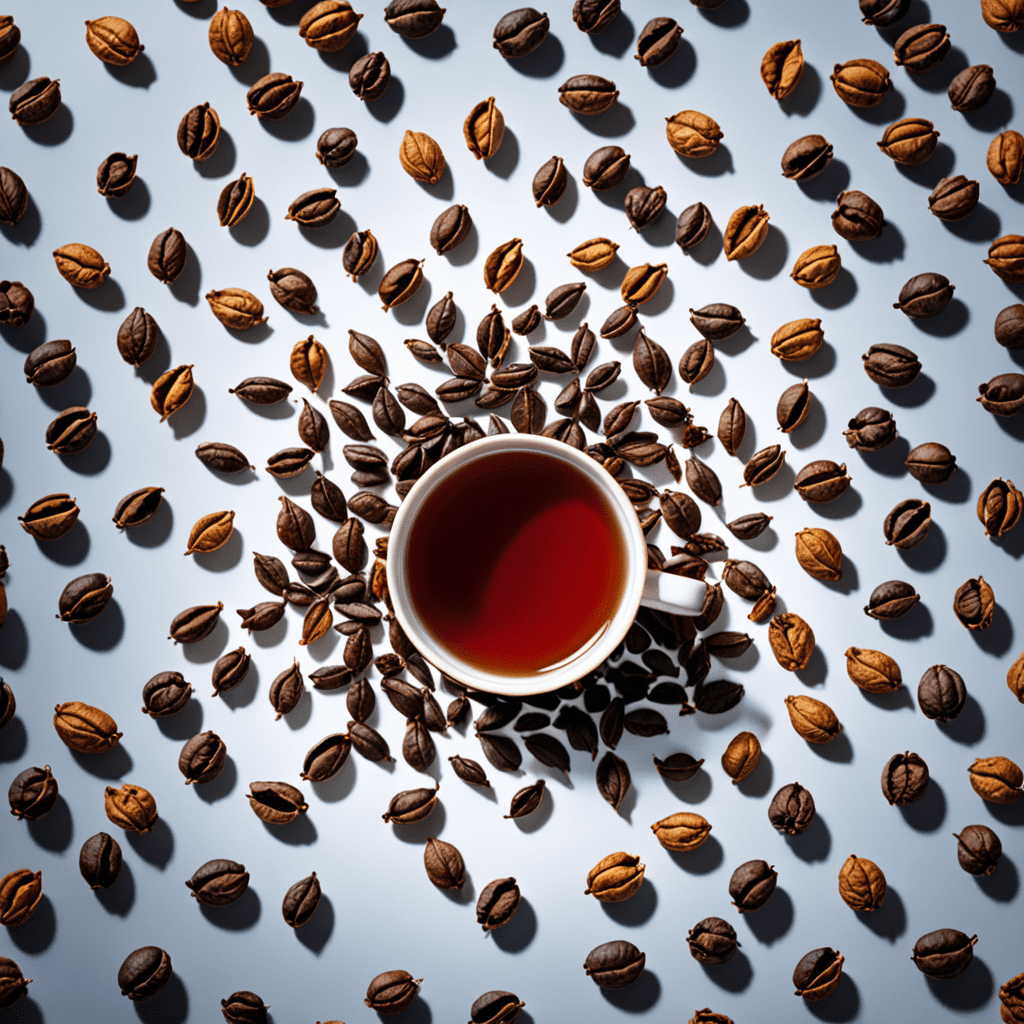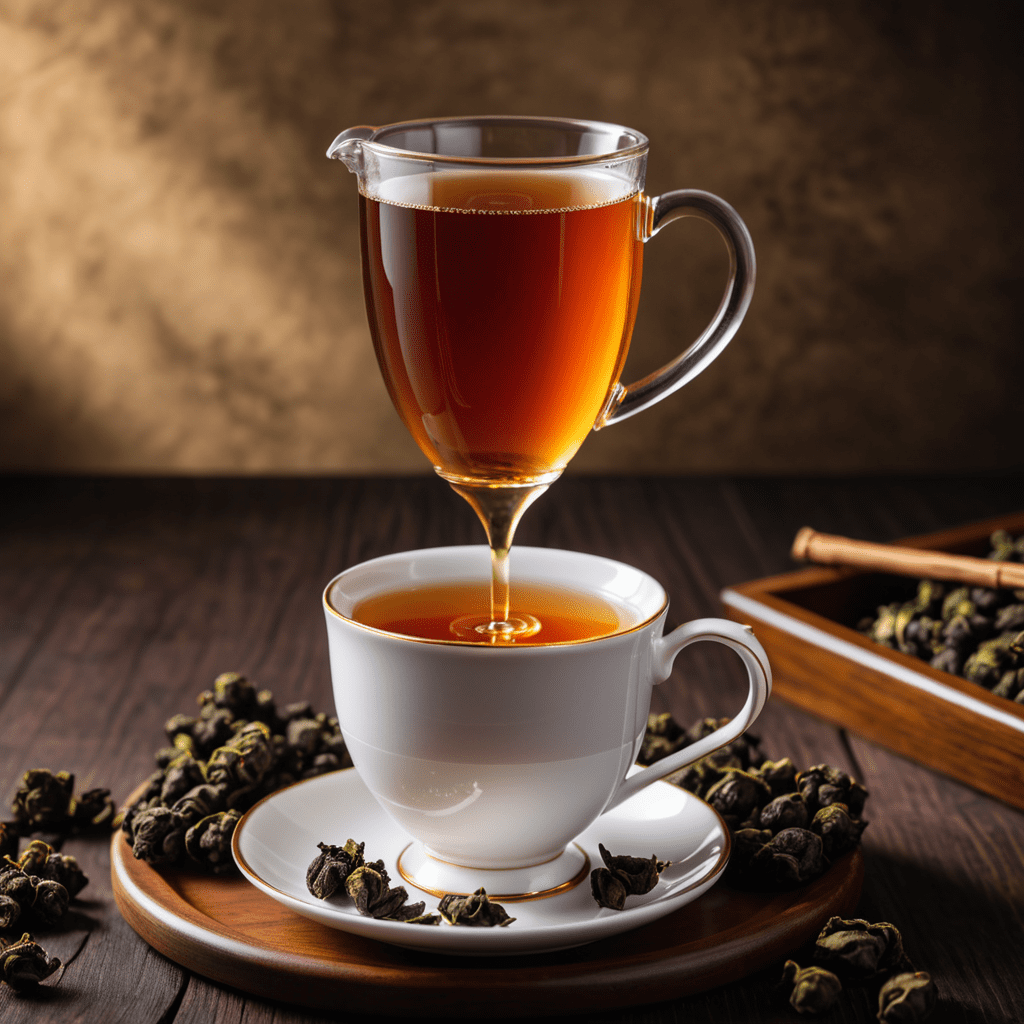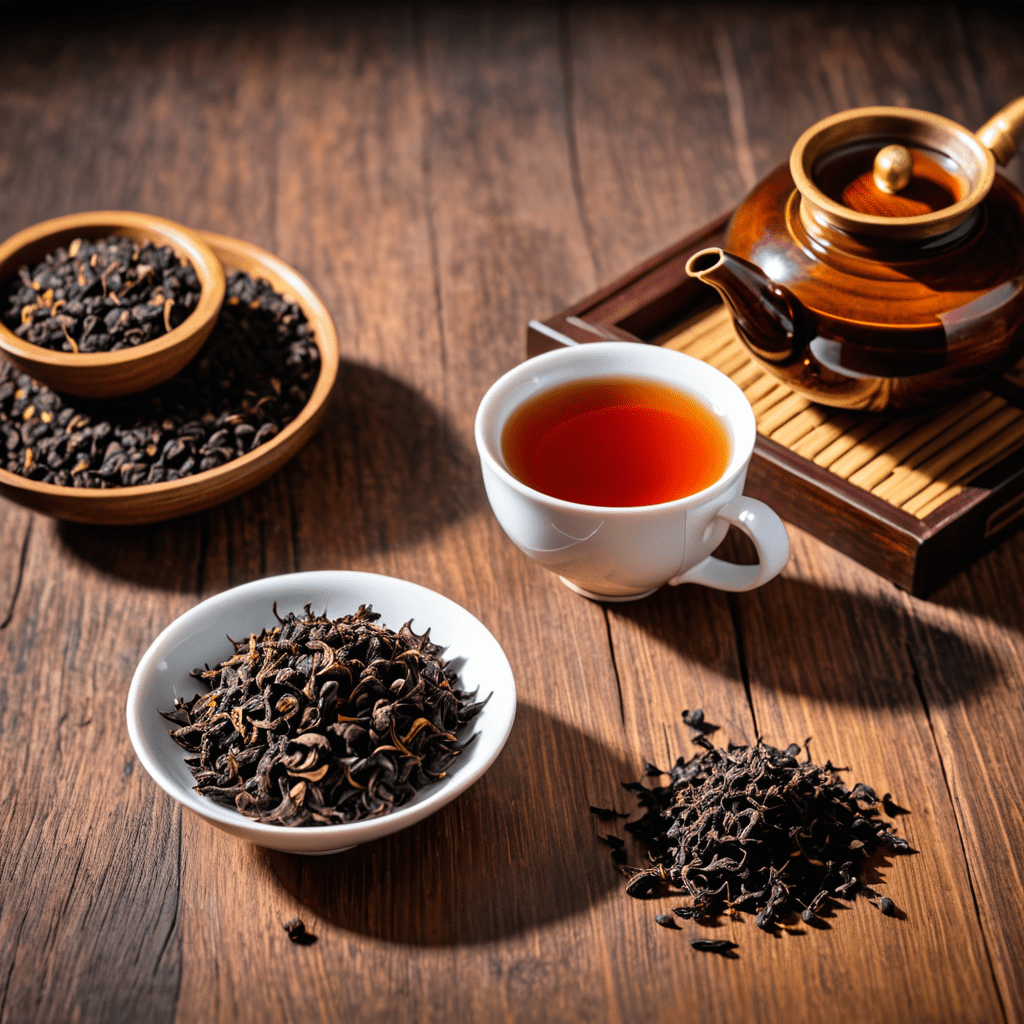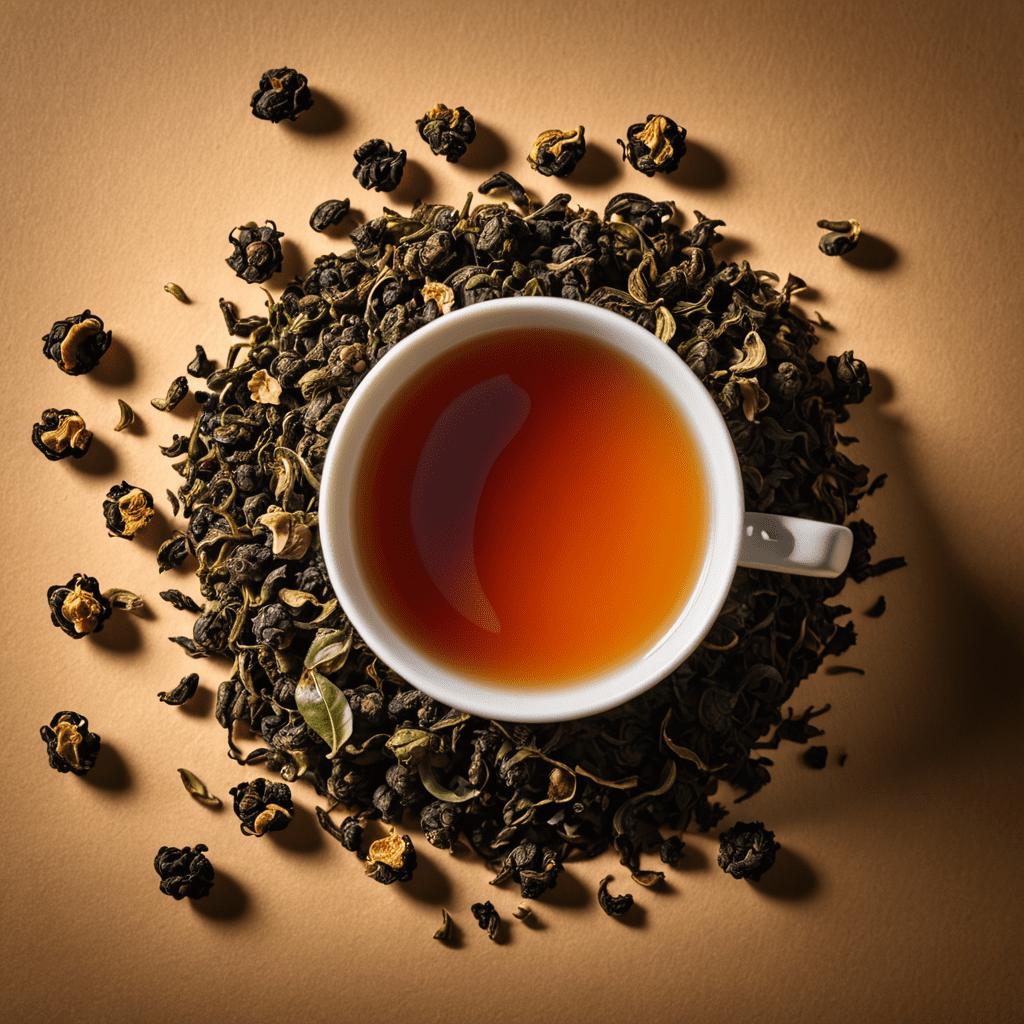
Unveiling the Caffeine Content in Lipton Black Tea: All You Need to Know
Introduction to Lipton Black Tea
Lipton Black Tea is a popular beverage enjoyed by tea enthusiasts worldwide. Known for its rich flavor and refreshing taste, it has become a staple in many households. However, one question often arises – how much caffeine does Lipton Black Tea actually contain? In this article, we will delve into the caffeine content of Lipton Black Tea and provide you with all the essential information. So, let’s get started!
Understanding Caffeine
Before we dive into the specifics of Lipton Black Tea’s caffeine content, let’s take a moment to understand caffeine itself. Caffeine is a natural stimulant found in various plants, including tea leaves. It is known for its ability to boost energy and enhance mental alertness. However, the caffeine content in different tea varieties can vary significantly.
Caffeine Content in Lipton Black Tea
Lipton Black Tea is considered a moderate source of caffeine. On average, an 8-ounce serving of Lipton Black Tea contains approximately 55 milligrams of caffeine. It’s important to note that the caffeine content may vary depending on factors such as brewing time, temperature, and the specific tea blend used. Here are some key points to keep in mind:
- Lipton Black Tea generally has less caffeine than coffee, making it a suitable choice for individuals who prefer a milder energy boost.
- Black tea, including Lipton Black Tea, typically contains more caffeine than green or white tea varieties.
- Caffeine levels in Lipton Black Tea are within the acceptable range for moderate caffeine consumption.
Factors Affecting Caffeine Content
Several factors can influence the caffeine content in Lipton Black Tea. Here are some key factors to consider:
1. Brewing Time
The longer you steep your Lipton Black Tea, the more caffeine it will extract from the tea leaves.
2. Water Temperature
Hotter water temperatures can extract more caffeine from tea leaves. However, boiling water may affect the flavor of the tea.
3. Tea Blend
Certain tea blends may contain higher caffeine levels than others. It’s essential to check the label or consult the manufacturer for specific information.
FAQ
Q: Is Lipton Black Tea suitable for individuals sensitive to caffeine?
A: While Lipton Black Tea contains less caffeine than coffee, it still contains a moderate amount. Individuals who are highly sensitive to caffeine may prefer to opt for decaffeinated tea.
Q: How does the caffeine content in Lipton Black Tea compare to other black tea brands?
A: The caffeine content in Lipton Black Tea is generally in line with other black tea brands. However, it’s always a good idea to check the specific brand for accurate information.
Q: Does the caffeine content in Lipton Black Tea vary between different flavors?
A: Yes, the caffeine content may vary slightly between different flavors of Lipton Black Tea. It’s advisable to check the packaging or visit the manufacturer’s website for precise details.
Q: Can I decrease the caffeine content in Lipton Black Tea?
A: Yes, you can reduce the caffeine content in your Lipton Black Tea by opting for decaffeinated versions or using a shorter brewing time.
Q: Does Lipton offer any caffeine-free alternatives?
A: Yes, Lipton offers a range of caffeine-free herbal teas, such as chamomile and peppermint, which can be enjoyed as alternatives to black tea.
Q: What are the health effects of consuming caffeine?
A: While caffeine can provide temporary energy and alertness, excessive consumption may lead to side effects such as restlessness, insomnia, and increased heart rate. It’s important to consume caffeine in moderation and be aware of your individual tolerance.
Q: Is Lipton Black Tea safe for pregnant women?
A: Pregnant women are often advised to limit their caffeine intake. It’s best to consult with a healthcare professional to determine the appropriate caffeine consumption during pregnancy.
Q: Can children safely consume Lipton Black Tea?
A: Due to the presence of caffeine, it’s generally recommended to limit or avoid black tea consumption in children. Herbal teas without caffeine are a suitable alternative.


